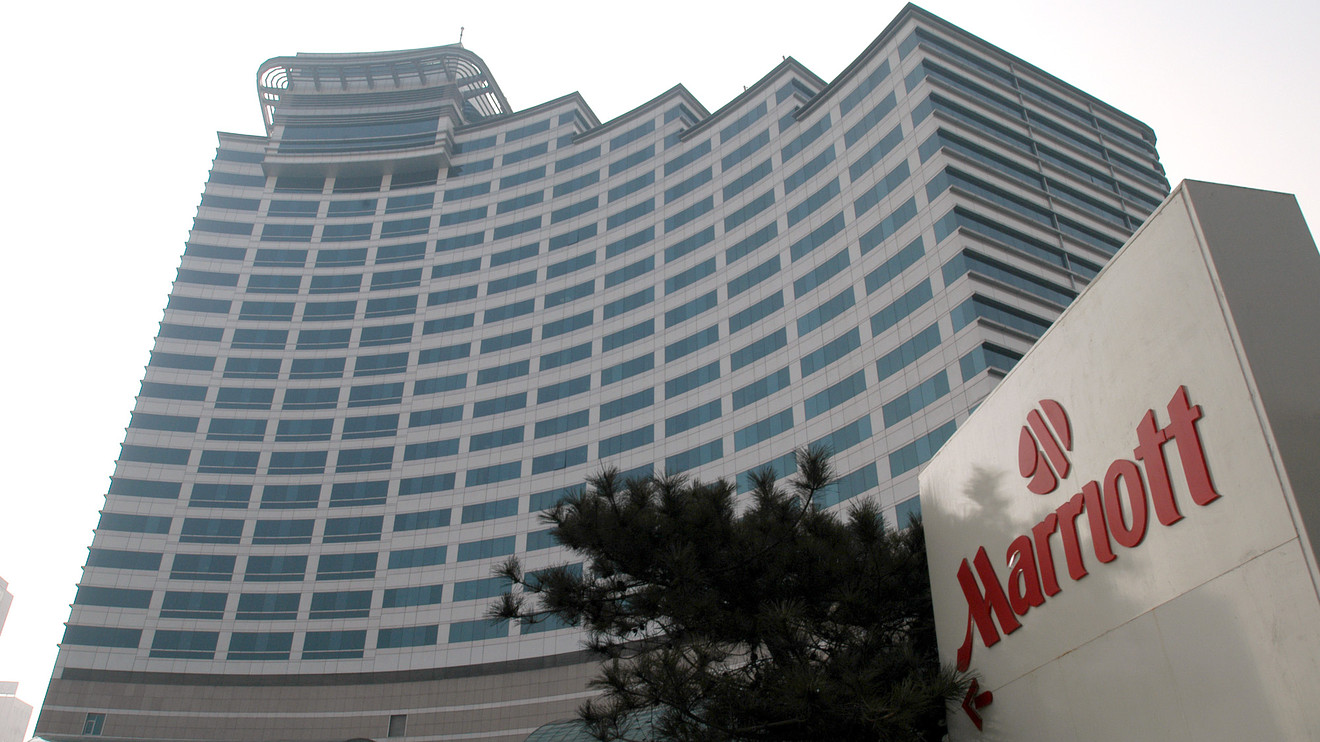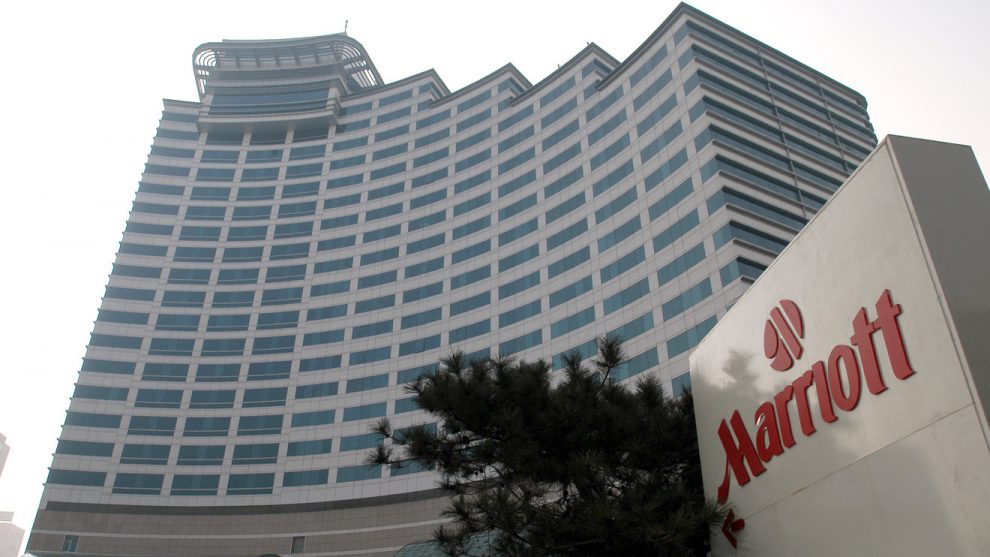
The District of Columbia has sued Marriott International, alleging that the hotel company violated consumer protection laws for at least a decade by charging resort fees that it doesn’t disclose upfront to its customers.
The lawsuit, filed by D.C. Attorney General Karl Racine in the Superior Court of the District of Columbia, claims that Marriott MAR, +0.15% harmed consumers and broke the District’s consumer protection laws by not including so-called “resort fees” in the room rates advertised to consumers, particularly on online travel-booking sites such as Priceline, Expedia EXPE, +0.13% and Booking.com BKNG, +0.38%
Instead, the hotel company allegedly advertises a base rate for rooms to lure customers and then adds on additional fees either when the consumer ultimately books their stay or when they check out of the hotel, a practice known as “drip pricing,” the lawsuit claims. Racine said that Marriott “reaped hundreds of millions of dollars over the past decade from this deceptive drip pricing.”
“Over the last decade, Marriott has increased its use of these fees,” Racine told reporters. “Bait-and-switch advertising and other forms of deceptive pricing are unfair and illegal.”
The lawsuit was not seeking to end the practice of charging resort fees altogether, Racine said.
“We are not seeking to criticize or outlaw the practice of having resort fees,” he said. “They’ve got to be fully and fairly disclosed to consumers in a transparent way.”
Also read: 85% of Americans say they’ve been stung by these hidden fees
The suit also alleges that Marriott has misled consumers about what these fees pay for, citing contradictory information listed on the company’s website regarding what services or amenities the fees cover.
The lawsuit was borne out of an ongoing investigation conducted by the attorneys general of all 50 states and the District of Columbia into the industry-wide practice. Racine cited timing as a factor contributing to why the District of Columbia chose to move forward with its own lawsuit while discussions among state attorneys general and the hotel industry continue.
The practice of charging resort fees is not unique to Marriott, but the District of Columbia’s portion of the multistate investigation focused solely on the company, which is headquartered in nearby Bethesda, Maryland. The District of Columbia discovered at least 189 Marriott properties worldwide charged the hidden fees, which range from $9 to as much as $95 per room per day.
Racine said that he hoped the lawsuit would raise awareness among consumers about the practice and compel other hospitality companies to change their policies regarding these fees. Marriott declined to comment on the lawsuit. MarketWatch reached out to other major hotel chains, including Wyndham WH, +0.65% Hyatt H, +0.61% InterContinental Hotels Group IHG, +0.84% and Hilton HLT, +0.33% but did not receive responses.
Read more: Booking.com is cracking down on ‘resort fees’ rarely included in hotel room rates
Consumer advocates praised the lawsuit, saying that it could prove influential in the fight against resort fees. “Like the lawsuit says, this is a straight-forward price deception case,” said Lauren Wolfe, a lawyer and founder of the movement Kill Resort Fees. “This suit shows that Attorneys General view these fees as illegal. The practice of deceptive, illegal hotel pricing should end now.”
This is not the first time resort fees have come under scrutiny. In 2017, the Federal Trade Commission released a report on resort fees — which are also known by other names such as amenities fees or facilities fees — arguing that “separating mandatory resort fees from posted room rates without first disclosing the total price is likely to harm consumers.”
The agency also has warned 22 hotels that they were not adequately disclosing the fees and could be violating the law. However, the FTC has not taken further action under the Trump administration.
More recently, online travel agency Booking.com announced it would begin charging a commission on the resort fees hotels levy guests. Many hotels charge these fees separately from room rates in order to reduce the amount they must pay in commissions to these websites, since sites like Booking.com and Expedia typically earn a cut of the room rate for any hotel stays booked through them.
Separately Tuesday, the U.K.’s Information Commissioner’s Office announced that it plans to impose a fine of 99.2 million British pounds (roughly $124 million) against Marriott over the hacking of the Starwood guest reservation database.
Shares of Marriott have risen 5.02% over the past three months, whereas the Dow Jones Industrial Average DJIA, +0.50% and S&P 500 SPX, +0.52% are up 2.22% and 3.35% respectively.
Also see: After Marriott’s massive data breach, here’s how to protect your personal data when traveling












